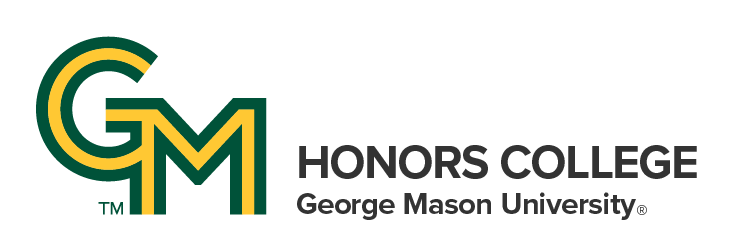The Honors College will communicate about the advising and registration process with incoming students via email before the Honors College orientation. This page should serve as a resource for students who may still have questions regarding the process.
Frequently Asked Questions (FAQ's)
How many classes should I take per semester?
In college, each class has a specific number of credits associated with it. During the first semester, students usually take between 13 and 15 credits, unless the sample schedule specifies more than this. Students pay an additional fee for each credit over 15. Some students may take five, 3-credit classes, while others take several, 1-, 2-, or 4-credit classes. It is best to consult your sample schedule and academic advisor when it comes to deciding which and/or how many courses to take.
What is a class "section"?
Many classes are offered by more than one professor or at more than one time during the week. Each separate offering of a class is referred to as a "section" of that class. So, for instance, one section of HNRS 122 might be offered by one professor from 9:00-10:15a on Monday and Wednesday, while another section of HNRS 122 might be offered by another professor on 1:30-2:45p on Tuesday and Thursday. Note that some sections may meet once a week for a longer class period, while others may meet multiple times a week.
In many of your Honors College HNRS classes, different sections will cover differing topics. So, for instance, one professor's HNRS 122 might focus on "Expression in Video Games" while another professor's HNRS 122 might focus on "Art and Protest."
It is a good idea to select a section that is compatible with your schedule and covers a topic you are interested in studying. You can read descriptions for the individual sections of classes on the Honors College website. However, some classes – like HNRS 110 – are not topical, so the description of these will be the same across all sections.
What is a recitation or a lab?
Many classes require that you take an additional class called a "recitation" or "lab." Some classes will require both. Recitations and labs are additional required class meetings, usually used to discuss or apply concepts learned in the regular class meetings.
For instance, you'll need to register for HNRS 111: Honors College Colloquium in addition to taking HNRS 110: Principles of Research and Inquiry. You'll have two options, both on Fridays. HNRS 111 provides a unique opportunity for Honors College students to learn about ongoing research and professional opportunities with community partners from Mason and beyond. Your HNRS 111 faculty will provide more details about the colloquium schedule in the first week of classes.
Some classes will have both a recitation and a lab. For instance, PHYS 160 has both a recitation connected to your section and a lab with a separate course code (PHYS 161). You must register for both.
In the example below, notice that there is more than one available lab associated with the BIOL 213 lecture:
-
Option 1: Lecture for Any Lab - 70180 - BIOL 213 – 201 – Mondays 10:30 am – 1:15 pm, Exploratory Hall 1512
-
Option 2: Lecture for Any Lab - 70182 - BIOL 213 – 203 – Mondays 1:30 pm – 4:15 pm, Exploratory Hall 1512
-
Option 3: Lecture for Any Lab - 70188 - BIOL 213 – 212 – Tuesdays 4:30 pm – 7:10 pm, Exploratory Hall 1512
Do I need to take ENGH 101, COMM 101, or HIST 100?
No. These courses are Mason Core requirements, and Honors College students do not complete Mason Core. The exception to this is if your major and/or minor requires a specific course that falls under Mason Core. If you have any questions, please contact your Honors College advisor for assistance.
How do I search for classes?
The University Registrar maintains the official step-by-step guide for registering. You can directly search the fall schedule.
Where do I find the information I need to put on the first-semester Schedule Approval form?
 Follow the step by step Advising and Priority Registration Checklist.
Follow the step by step Advising and Priority Registration Checklist.
Review Step 2 in particular, as this provides an overview of some of the information that you will need to include in the form. You should also check the Schedule of Classes for information on course numbers, sections, dates, and times
Why am I getting a “Link Error” when submitting my schedule?
For some courses, in addition to the lecture, a lab or recitation is required. In order to register for the lecture, you must simultaneously register for the required lab/recitation. These are called “linked courses” and, if required, you will be able to locate these by clicking the “view linked” button on the lecture section you wish to register for. Once you choose the lab/recitation you wish to register for, click the "add all" green button to add both the lecture and linked course to your cart.
One common example of a linked course is General Chemistry and the General Chemistry lab.
What if I get AP or IB credits over summer that are pre-requisites for classes I plan to take in math, science, or computer science?
In order to receive credit for AP/IB or dual-enrollment courses you will need to have your scores or transcript sent directly to Mason Admissions.
You also will want to find out what to do when these scores arrive, if you need Math, Computer Science, or Chemistry scores as pre-requisites for classes you intend to take in Fall.
